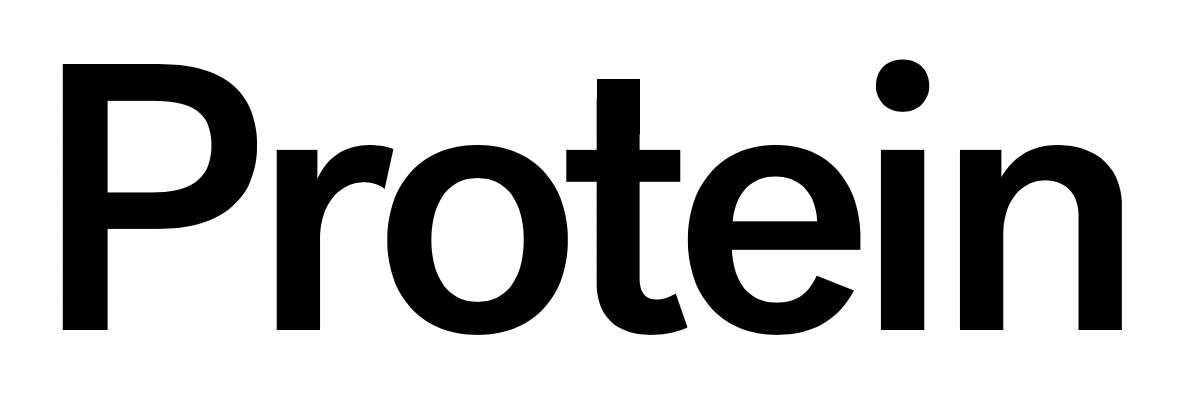#711 | Fandoms, Cultural Half Lives & Subverting Bandcamp

Welcome back, good hols?
If you missed the Nostalgia forum before the break, we highly recommend you watch the recording here. It features a hugely entertaining and insightful conversation with Maya, Sean Monahan (who has just released a great post on Bidirectional Nostalgia), Dal Chodha from Central St. Martins and our Head of Strategy, Joanna Lowry ✨ There's also a bunch of new Reports, Forums and Podcasts coming up, so make sure you're signed in and keep an eye on your inbox and our socials for updates. We've got two months of seeds to plant in your collective conscious, so let's get to it ...
Seeds
- Keeping on our nostalgia theme, the Nokia 3120 has been re-released – and we're all for their Better Phone Project
- Whilst Teenage Engineering gets nostalgic for all things medieval
- However, Andrea from Snaxshot says the Gen Z don't care for tradition
- Here is an excellent read on creating a design commons
- As is this piece on latent communities in an Artificial Internet
- Nick Susi on the multitudes of self, a topic we're also looking into 👀
- Elodie Marteau on Trends are Bullsh*t
- Are we entering the slop void?
- Fighting for memes isn't very demure
- Still haven't come out of hibernation? Sound like you need a sleep concert
- If you live in Bruton (or know someone who does), this one is for you
- Rafa from Folklore on online swarms and digital communities
- Havas loses its BCorp status over its work with Shell
- Fremonth is a gem of a movie about an Afghan immigrant starting her life in America after the US pulled out of Afghanistan p.s. Jeremy Allen White is in it
- Can something be private yet discoverable?
- Subvert is a collectively owned Bandcamp successor c/o Austin Robey
- Jack Dorsey and Lyn Alden on Nostr and the power of open source
- Imagining futures in the hyper localised era of the oat milk elite
- In case you missed it, A View from a Bridge is 🥰
- Softer Digital Futures is back in Copenhagen next month
- A brief history of camouflage
- LBB on fandoms and brandoms
- How society encourages us to behave like infants
- Is romance redundant? Also this and this
- While Hinge shifts its focus to IRL meetups
- Pew Research on the declining birth rate in the US
- The story behind the 🍏 dance
- MSCHF have bought a cow
- Ruby Justice Thelot on cultural half-lives
- AI boyfriends are on the rise
- As is this new AI wearable who wants to be your Friend
- Anyone know where we can buy some of these?
- Water & Music on the State of Data in the music
- Rob Abelow has summarised YouTube's 2024 fandom report for you
- Dumb Phone is the phone you didn't know you needed
- Jake Chapman and others discuss why is it easier to imagine the end of the world than the end of capitalism at this event in Soho next week
- These guys are selling old Protein Journals ... maybe we should do the same?
- Talking of things in print, The Onion are doubling down on their newspaper
- Remsen are looking to shift the design perspective on ageing
- Our friends at Arches with an important read on the murky world of blanks and how it intersects with geopolitics
- Veletasl dropped a PDF that features all our favourite people and it's a beaut
- How Google Forms became the hottest new dating app
- M.I.A. has launched an anti-surveillance brand and yes, there's a tin foil hat
- Iain Tait has been up to his usual antics again
Dynamic Nominalism — as opposed to static nominalism — supposes that once assigned a label, an individual inherits all the social and cultural characteristics associated with it. Theorised by Canadian philosopher Ian Hacking, who suggests that trends are trends when assigned a name, because nothing is new, until it is labelled.
Observations
To recognise all the incredible contributors we've had over the years, we thought it would be a nice idea to feature one of their memorable (and still relevant) posts. This month it's Will Wiles on Emotional AI from 2015:
Can We Trust Emotional AI?
Will Wiles — July 13, 2015

When we think of work, it’s natural to mostly think of the practical tasks it involves. But there’s another side of work, an emotional side: we must regulate our feelings while we’re at work and do as much as we can to maintain a pleasant exterior, even when it’s only a thin facade concealing a writhing mass of stress, anger or anxiety. This psychological work is called “emotional labour”, a term coined by the sociologist Arlie Russell Hochschild in 1983.
Where there’s labour, there’s potential for labour-saving technology, although when it involves human feelings it comes with an unmistakably dystopian twang. Service industry workers such as waitstaff and call centre workers are under the most pressure to put in the emotional elbow grease, to smile and be cheerful even when dealing with obnoxious or irate customers.
Although this kind of toil is hard to automate – it’ll be some time before we believe a robot voice cares about us – some call centres already use emotion-detection software that analyses wave patterns in the voice to detect stress and anger on the part of either caller or worker. As sociologists Danielle van Jaarsveld and Winifred Poster have written, this can help the workers in the centre, for instance by alerting their supervisor if a call becomes particularly heated so they can be relieved.
About
Protein is a place where people and ideas grow. We do this through our global community, agency, and studios. We believe we’ve all got a responsibility to think and act bigger than ourselves and that Good Growth can only be achieved by balancing purpose, profit, and progress, so if you feel like upgrading to a paid membership to support our mission then we would be incredibly grateful 🙏
Yes, we really have published 700+ issues 👀 of this newsletter. The first Protein Supplement was sent on 17th September 1997 to 14 people and (other than a few breaks over the years) has always aimed to distil what’s happening at the intersection of culture and technology into a concise and accessible digest. If you’re interested in digging into the (incomplete) archive, you can find it here.
We always like to hear from you and how we can improve what we do, and if you’re creative and curious and would like to help build a better future, come join us 💚



Discussion